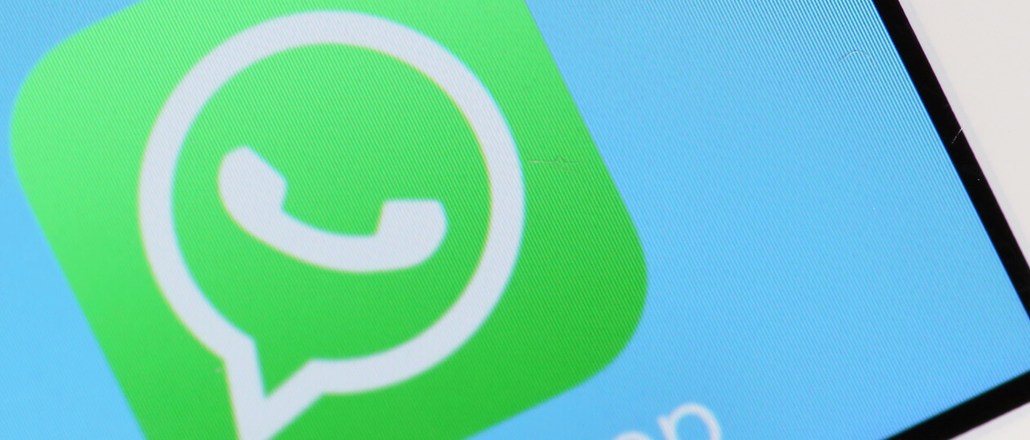
For the past two years, the BBC has been using chat apps including Yik Yak and Line to distribute content like health and safety information in response to the Ebola crisis and the Nepalese earthquakes.
Now, the BBC is building on that experience by using Viber and WhatsApp to publish documentaries.
“Our World: Kidnapped in Mexico,” launching on March 6 on Viber, tells a couple’s kidnapping story over a week’s time, using texts, images and animations in real time. It will cap off with a documentary about this and other kidnapping stories on BBC World News.
The advantage of Viber is that the BBC can reach people in big numbers using its public broadcast channel. Viber has 250 million monthly active users, according to Statista. Viber also has a timeline feature that makes it easy for subscribers to catch up if they come to the story after it has started publishing.
How much the BBC posts per day will vary, mimicking the fact that in a real-life kidnapping situation, hours can go by between developments.

On WhatsApp, the BBC is rolling out “Young, Angry and Connected,” stories about young Africans who feel marginalized but are using platforms like WhatsApp and social media to get their voices heard. Three-minute-long video clips will be pushed out daily over the course of a week starting March 7. The footage will be available online in its entirety at the end of the week.
Whereas Viber can only be used to send messages to users, the upside of WhatsApp is that it allows for back-and-forth communication. The downside to the platform is that the process is more manual for the publisher. WhatsApp only lets publishers have 256 people per broadcast channel. When that limit is reached, the publisher has to create a new channel for new users to subscribe to. The more broadcast channels the publisher has, the more times they have to duplicate the publishing process across the multiple channels.
So for the BBC to manually sign up 1,000 people on WhatsApp, it would take up to five hours. Compare that to Viber, where an unlimited number of users can sign themselves up for a channel. While it takes three minutes to publish a piece of content on Viber, the same process could take up to half an hour on WhatsApp, largely because of the duplication requirement.
And as with all nascent platforms, the lack of like-for-like analytics makes it hard to evaluate as a distribution avenue. For now, Trushar Barot, the BBC’s mobile and apps editor, anticipates up to 2,000 people will subscribe to “Young, Angry and Connected.”
Previously, the BBC’s highest-profile use of WhatsApp was during the Ebola crisis, when 25,000 people subscribed to the BBC’s WhatsApp channel to receive health alerts. Then, each alert got about a 10 percent response rate.
But for now, the BBC sees the value of chat apps not in their reach but in what the experiment will tell them about the platform. “What’s really potent is the power of the push alerts on WhatsApp,” Barot said. “You know that 100 percent of your subscription base will review it instantly. They are much more heavily engaged and more motivated to respond.”
More in Media

In Graphic Detail: The scale of the challenge facing publishers, politicians eager to damage Google’s adland dominance
Last year was a blowout ad revenue year for Google, despite challenges from several quarters.

Why Walmart is basically a tech company now
The retail giant joined the Nasdaq exchange, also home to technology companies like Amazon, in December.

The Athletic invests in live blogs, video to insulate sports coverage from AI scraping
As the Super Bowl and Winter Olympics collide, The Athletic is leaning into live blogs and video to keeps fans locked in, and AI bots at bay.





